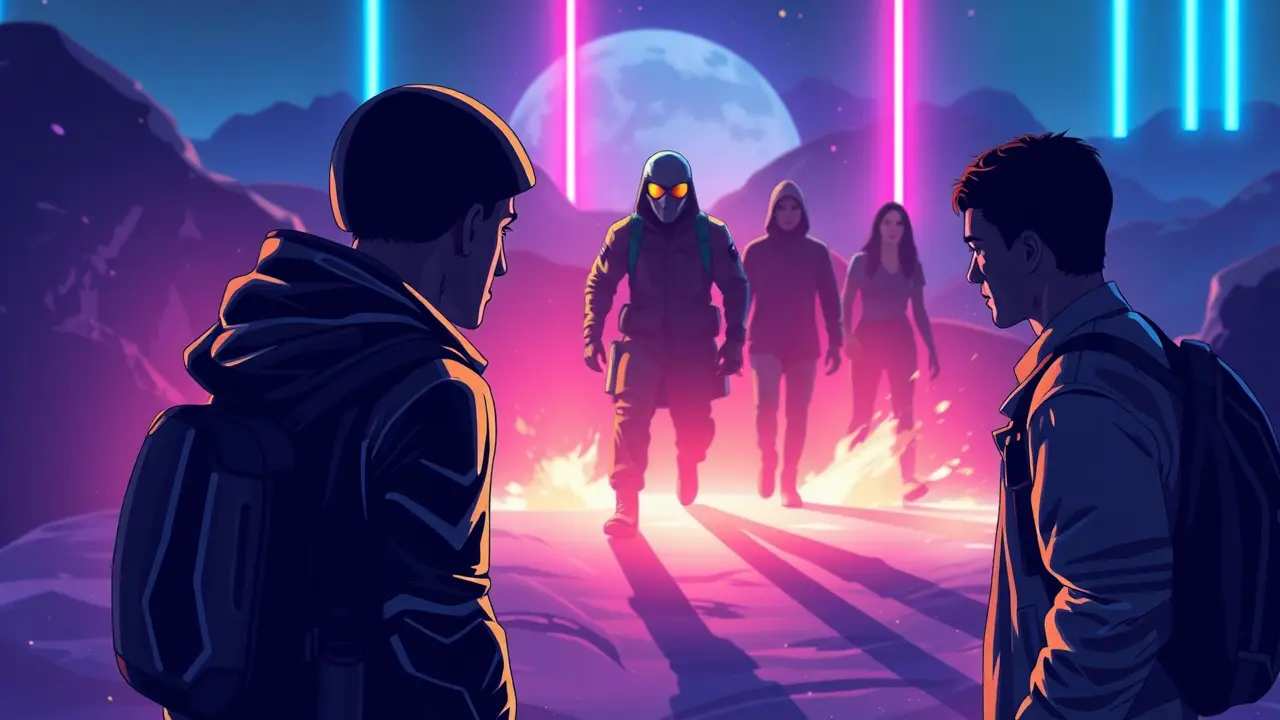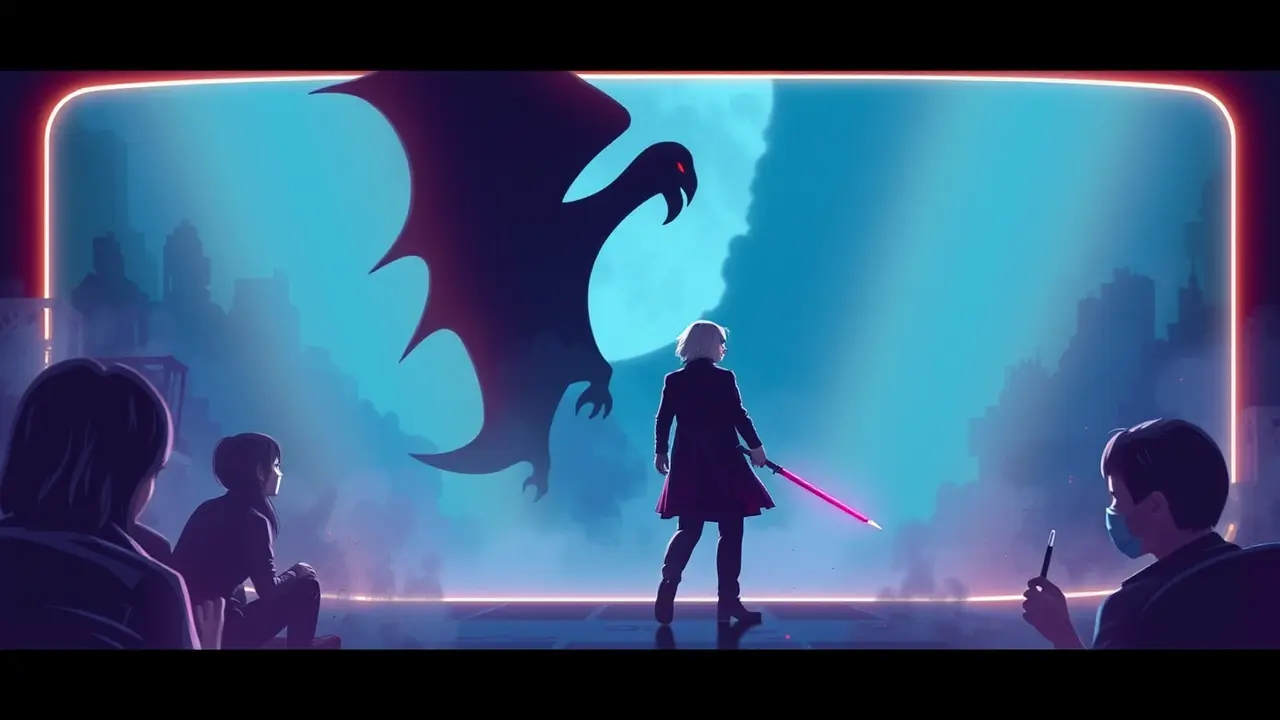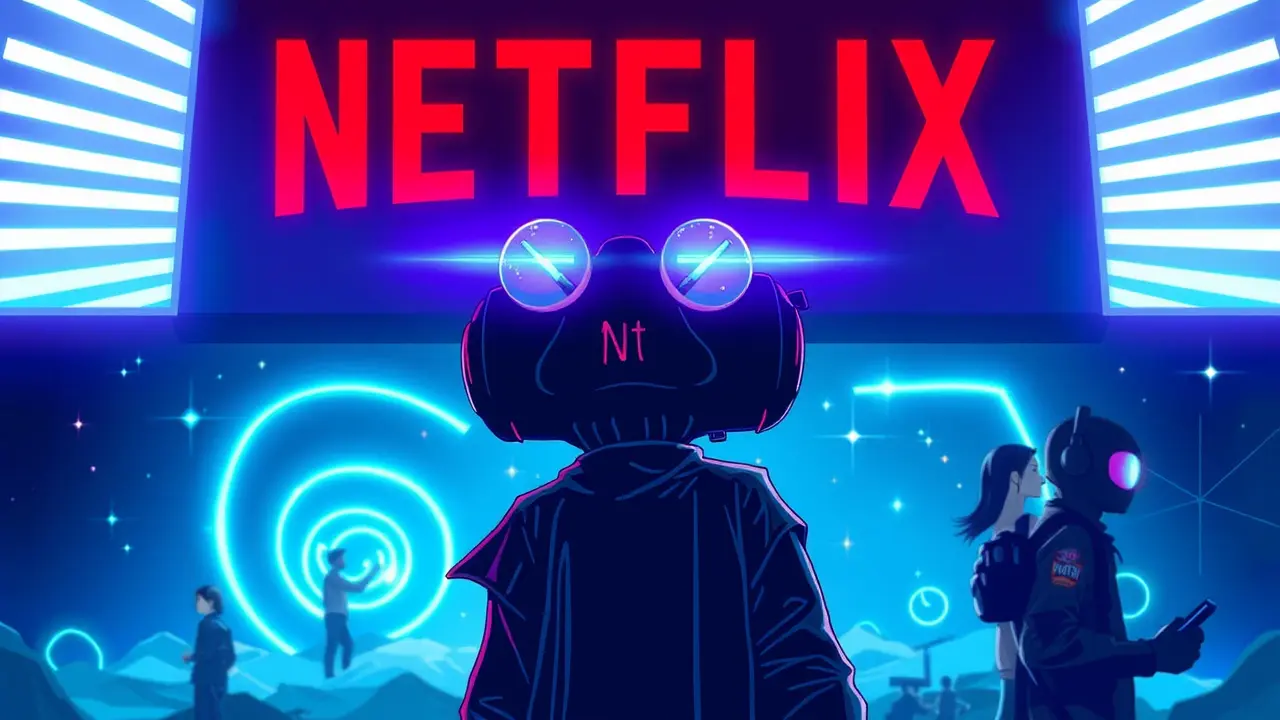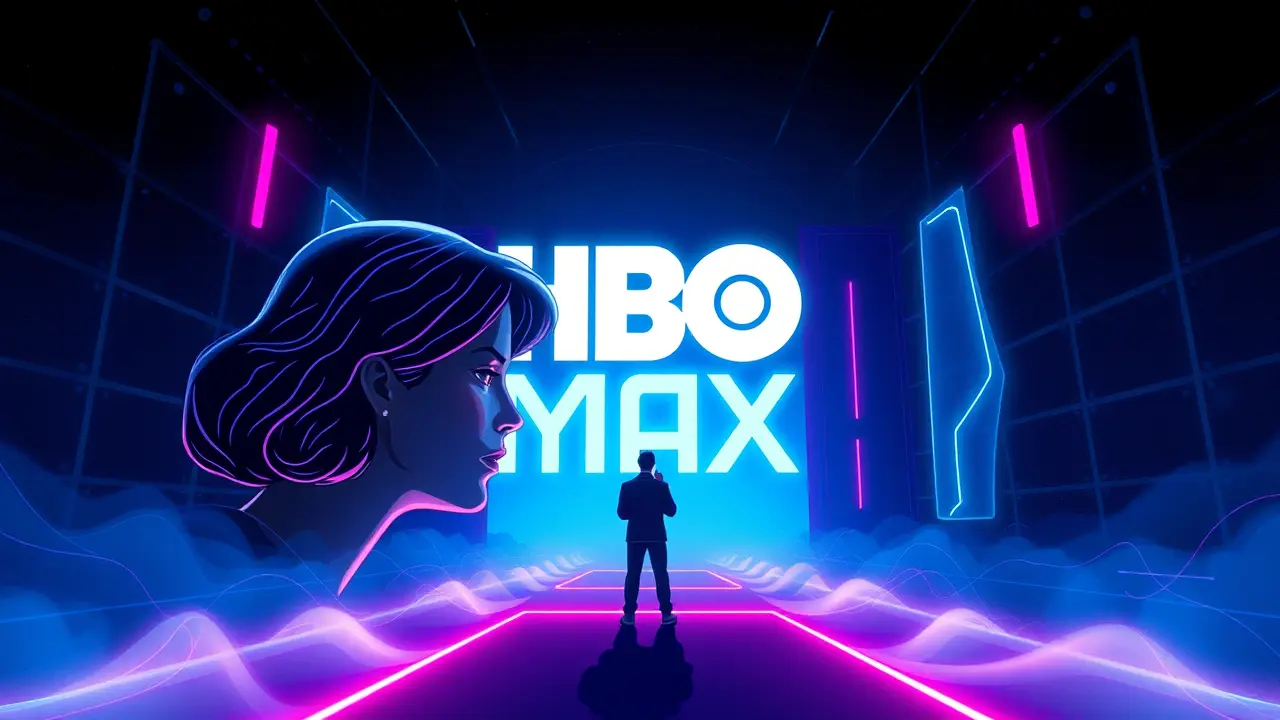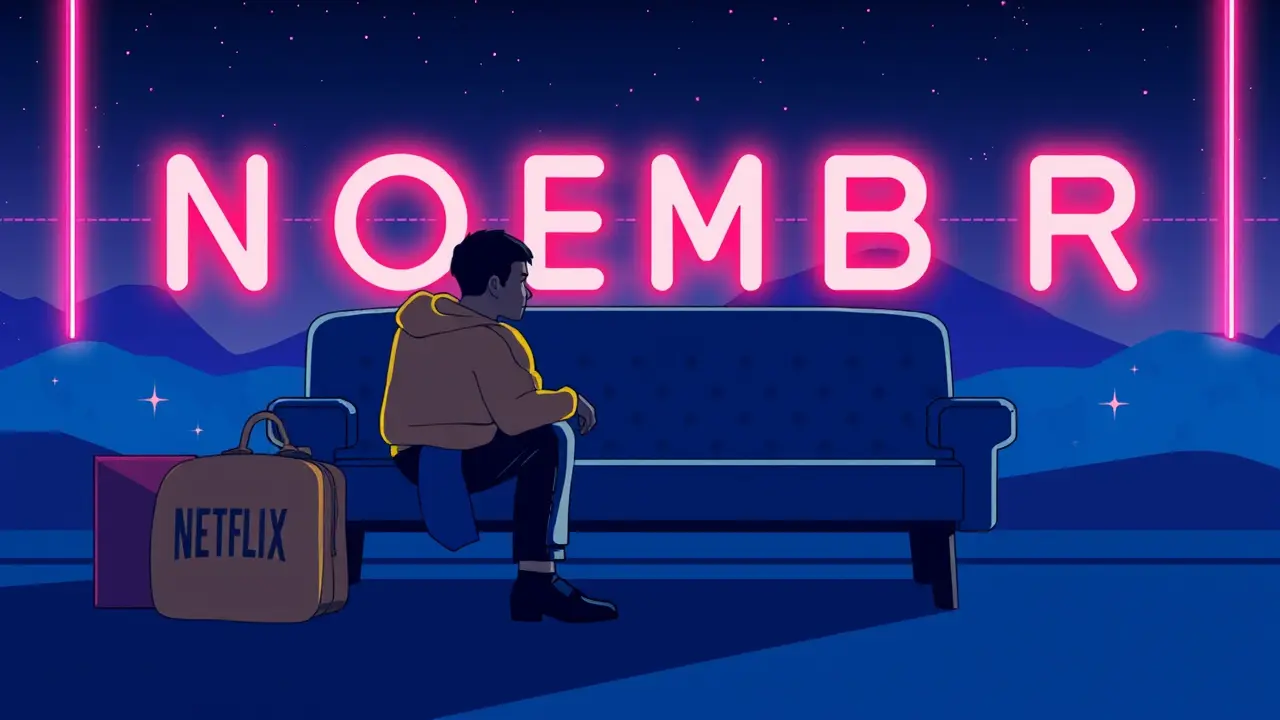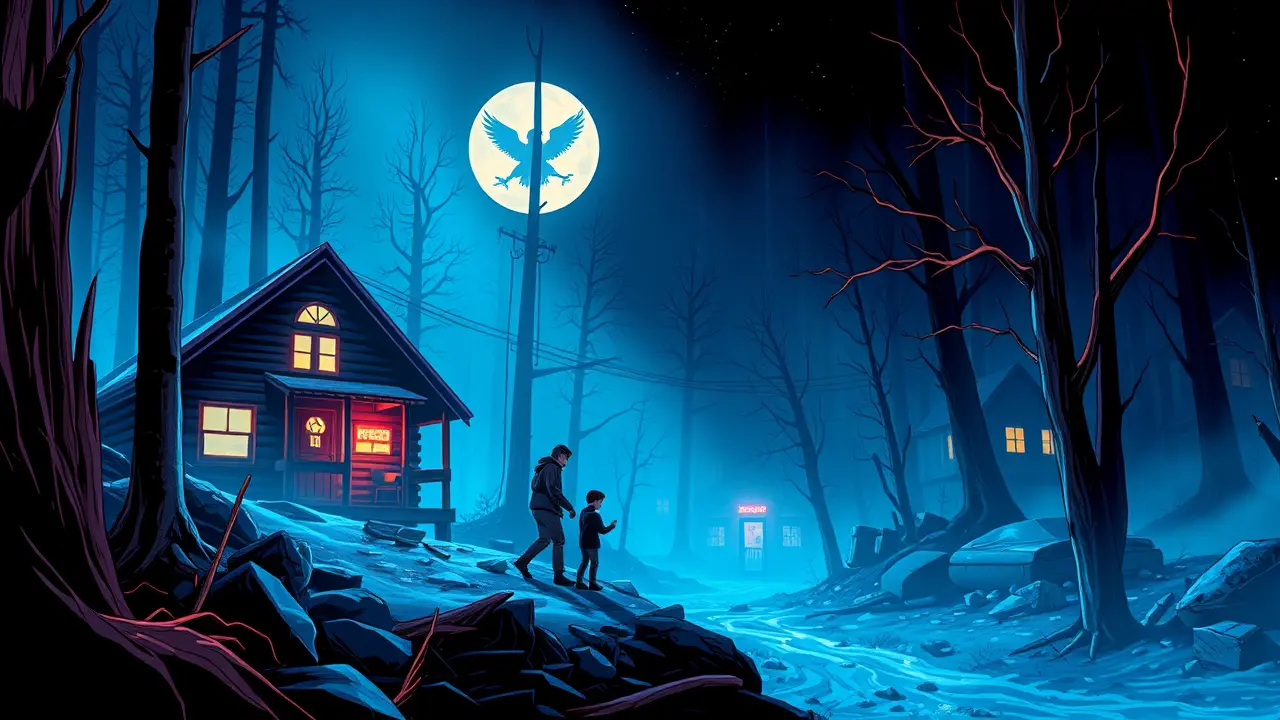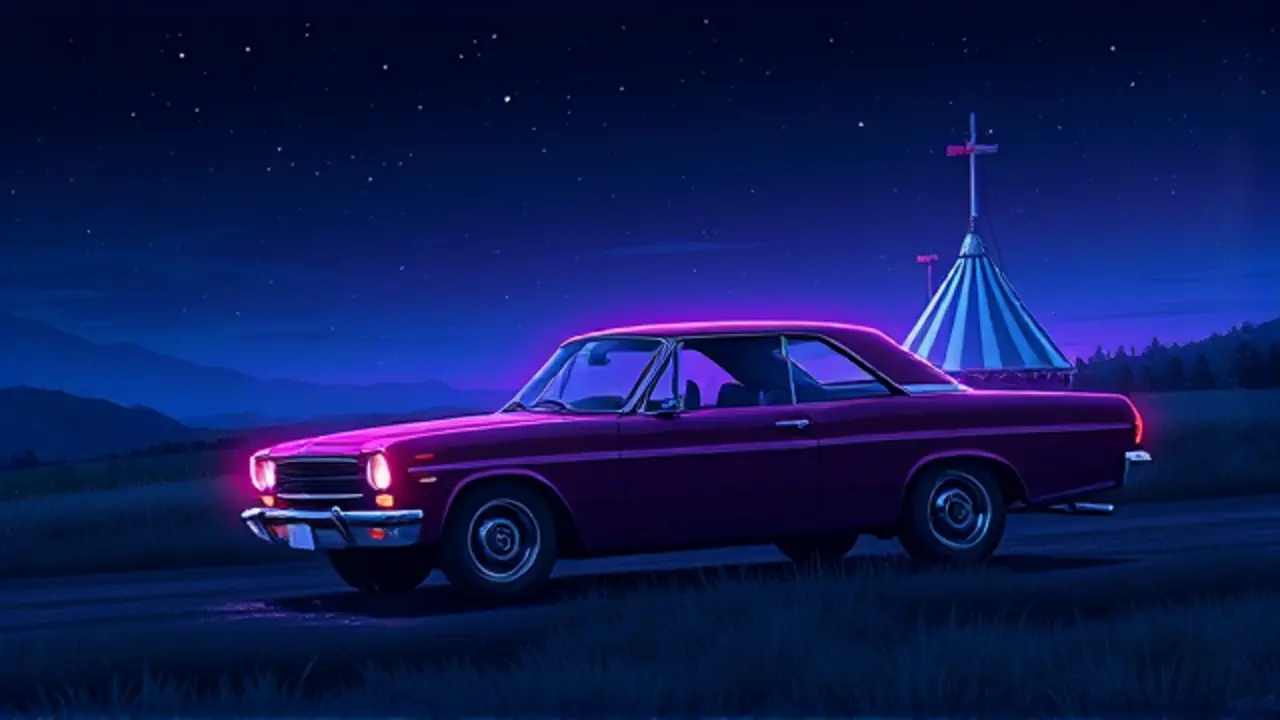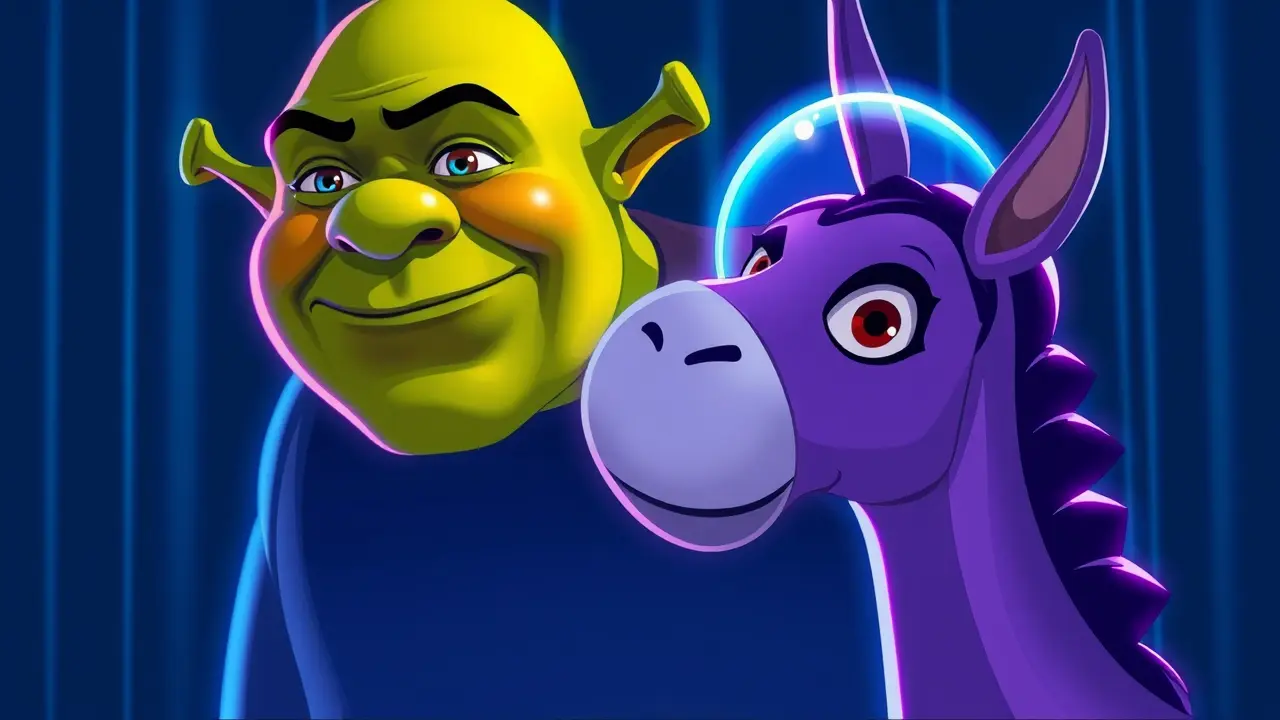
EntertainmentmoviesCasting News
Comedians Who Auditioned For Animated Movie Roles
LI
Lily Harper
8 hours ago7 min read2 comments
The quest for the perfect voice in an animated movie is a high-stakes drama playing out in soundproof studios, a process far more fraught and fascinating than the glossy final product suggests. Imagine, for a moment, the pressure: a studio has invested millions, the character designs are locked, the storyboards are complete, and the entire emotional arc of a beloved future icon hinges on finding that one unique vocal timbre that can somehow convey vulnerability, humor, and strength in a single line.It’s a casting alchemy where a well-known comedian’s read can either send champagne corks popping in the executive suites or plunge a production into a silent, panicked crisis. The stories behind who almost got the part are often more gripping than the films themselves, a hidden tapestry of near-misses and what-ifs that define Hollywood lore.Take the seismic case of Chris Rock, a comedic force of nature, who was deep into screen tests for the fast-talking, motor-mouthed donkey in DreamWorks' 'Shrek. ' His energy was undeniable, a whirlwind of manic wit that seemed tailor-made for the character.Animators even began sketching the donkey’s expressions with Rock’s signature cadence and physicality in mind, building a visual performance around his audio. But then, in a twist worthy of a screenplay itself, a scheduling conflict or a creative divergence—the industry whispers vary—meant the role was suddenly, terrifyingly vacant.The production, already a massive undertaking, faced a potential derailment. Enter Mike Myers, who initially recorded the entire film as Shrek with a straightforward Canadian accent.It was only in a late-in-the-game spark of genius, a eureka moment during additional recording sessions, that Myers proposed the now-iconic Scottish brogue, a choice that reshaped the character entirely and created a new comedic counterpoint for the donkey. This left the door open for Eddie Murphy, whose improvisational brilliance and infectious laugh didn't just fill the role; they exploded it, creating a dynamic with Myers that became the film's comedic backbone.This wasn't merely a recasting; it was a fundamental recalibration of the movie's entire comic soul. Similarly, the hunt for the voice of Buzz Lightyear in Pixar's 'Toy Story' was a saga of its own.Billy Crystal, the master of sardonic wit, was offered the role and, in a decision he would later publicly call the biggest regret of his career, turned it down. The producers then tested a galaxy of comedic talent, searching for that perfect blend of heroic bravado and latent cluelessness.Can you imagine the alternate universe where another comedian’s voice emanated from that white and purple spacesuit? The character of Buzz, as we know him—a perfect parody of space-age idealism brought low by the revelation of his toyhood—might never have crystallized. It was Tim Allen’s specific, deadpan delivery, that wonderful transition from arrogant, galaxy-saving pronouncements to a whispered, devastated “I am a toy,” that gave Buzz his heartbreaking arc.These near-misses are not mere trivia; they are foundational to the films we cherish. The process reveals that animation is not a pre-ordained art form but a chaotic, collaborative, and often lucky experiment.A different voice in the booth changes the animator's pencil strokes, alters the scriptwriter's jokes, and redirects the entire emotional trajectory of the story. It’s a reminder that our most iconic animated heroes are born from a fragile chain of events, where a single scheduling conflict or a last-minute accent idea can mean the difference between a forgotten film and a character etched into cultural history forever. The comedians who screen-tested but didn't get the part are the ghosts in the machine, their unrealized performances a tantalizing glimpse into the parallel universines of cinema that almost were.
#featured
#voice acting
#screen tests
#comedians
#animated movies
#behind the scenes
#film production
Stay Informed. Act Smarter.
Get weekly highlights, major headlines, and expert insights — then put your knowledge to work in our live prediction markets.
Related News
© 2025 Outpoll Service LTD. All rights reserved.
